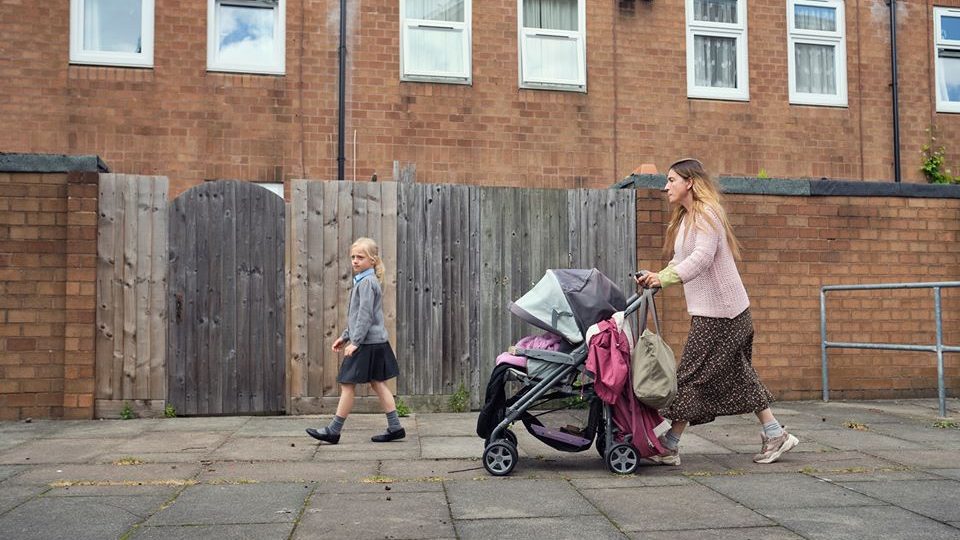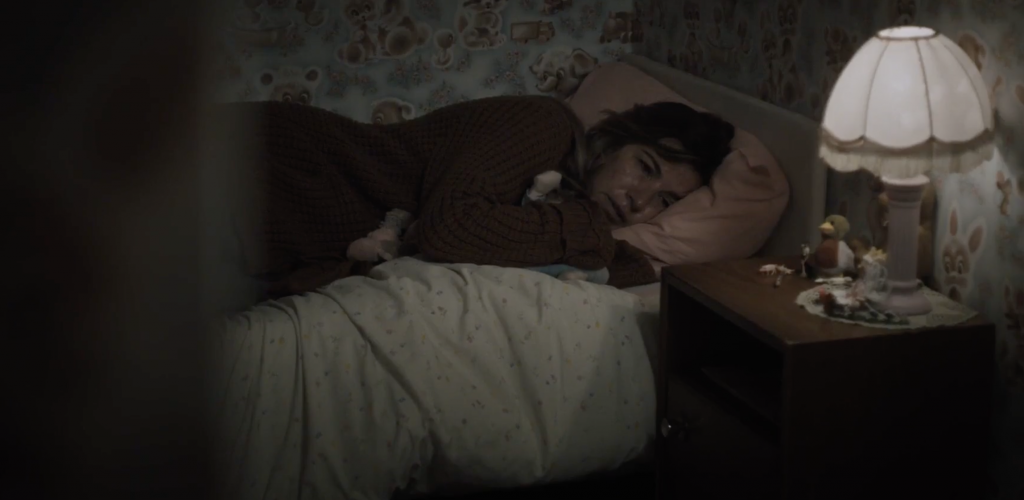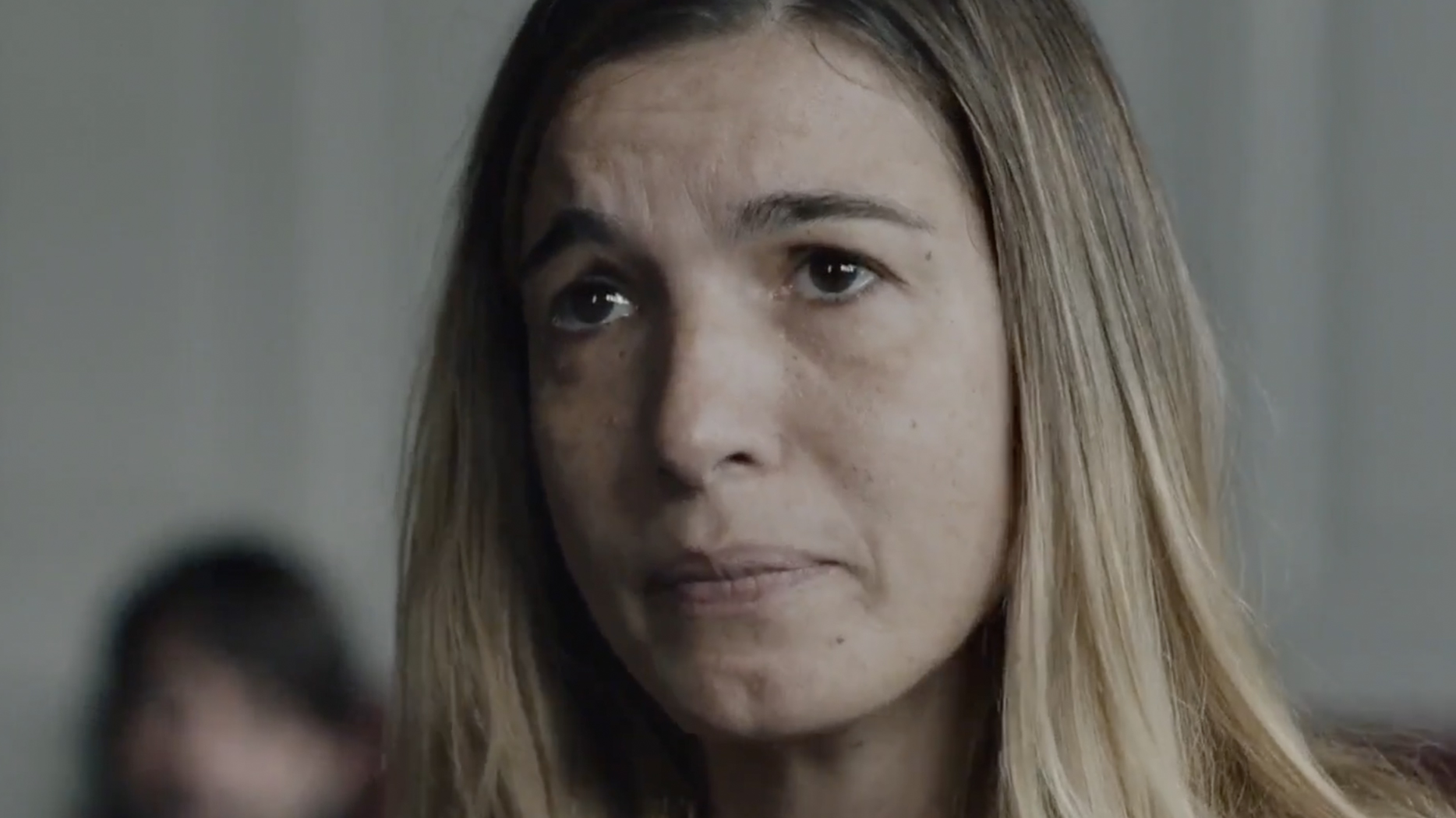Wuyou Wei reviews the story of a Portuguese couple and their three children living in the suburbs of London.
Listen revolves around a Portuguese couple — Bela (Lúcia Moniz), Jota (Ruben Braga) and their three children living in the suburbs of London. Their eldest son is sick, and the youngest son is a newborn in need of constant attention. The middle daughter is deaf, but they cannot afford hearing aids. Facing serious financial difficulties, they need to steal to eat. Their situation becomes more complicated when marks on their daughter’s back are unintentionally discovered by her teacher in school. Social services are called, and Bela and Jota lose custody of their children. This is only the start of the tragedy.

The title, Listen, not only refers to the deafness of the daughter caused by meningitis but also refers to the needs and difficulties, the uncertain situation of an unsettled immigrant family. The opening scenes are documentary-like. It is an ordinary morning: the mother takes her daughter to school; the father, with a hole on his sock, pours milk for their crying one-year-old; the eldest son is sick in bed. The mother takes her baby to other people’s homes while she does the cleaning work and cares for her child at the same time. Although their financial struggles prevent the parents from satisfying their children’s every need, they have given all the love and care it is possible to give. So, when social services do the unthinkable, we can sincerely feel their pain. When they have the chance to visit their beloved children, every hug and kiss between them as well as every argument with social services shows the ridiculous ironies of the bureaucratic system.

It is worth noting Lúcia Moniz‘s performance. She received the best actress award at Raindance and deserved it. Her portrayal of a mother is oscillating between depression and anger, a transformation of the immigrant into a fighting figure rather than a self-piteous character. One particular scene, where she delivers a speech to defend her family in front of the court is incredible, its emotional depth touching both the judges in the film and the audience in reality.

In general, this film portrays the difficult life of an immigrant family in the UK social system; criticising the violence that capitalism inflicts upon working-class people and how the social system functions as a tool for capitalism. Although the social services have helped many people and protected many children from domestic violence and displacement, its bureaucracy has become increasingly obvious, and its rigid enforcement of regulations has also resulted in the separation of children from their biological parents. The family in the film is a typical example. However, Listen was very restrained in its storytelling and framework. Its plot was perhaps not rich enough, and seemed somewhat rushed and superficial, something which may have been fixed by a longer runtime.
Watch the trailer for Listen here: https://www.imdb.com/video/vi1530708249?playlistId=tt6627168




